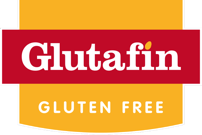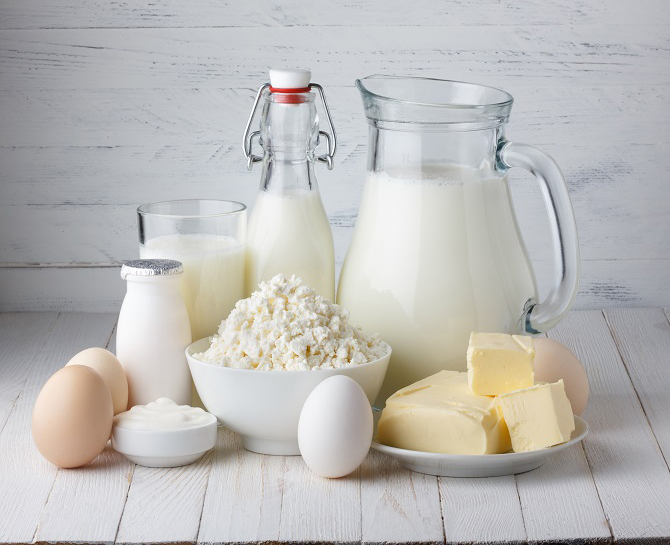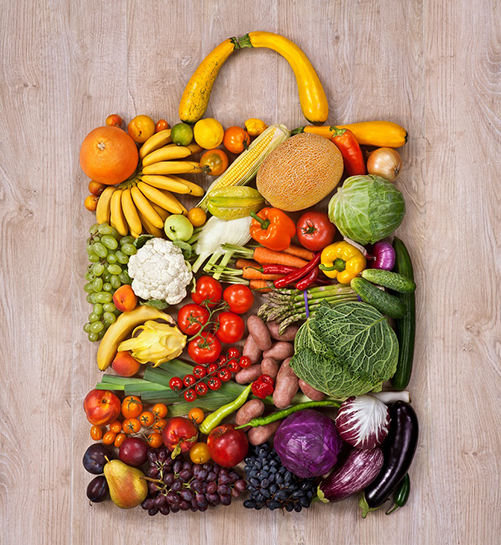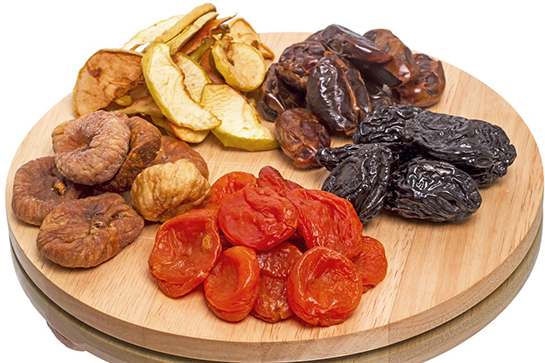
If you or someone you love has been recently diagnosed with coeliac disease, you could be eligible to receive gluten free foods on prescription. Simply select your country of residence, and, if you live in England, fill in your postcode to check if your area is prescribing.
Your country is prescribing gluten free foods*. Request your Glutafin Taster Box by clicking the button below to sign up.
* Please note: local policies are constantly updated, and issuing a prescription is at the discretion of your GP.

Following a gluten free diet means it can be difficult to achieve an adequate intake of certain nutrients.
Calcium is a vital nutrient needed to ensure you have strong bones. It is important for everyone to consume their recommended allowance of calcium. However, it is even more important for those with coeliac disease. This is because the damage to the lining of the gut in undiagnosed or untreated coeliac disease leads to less calcium being absorbed from the diet. It is recommended that adults with coeliac disease have at least 1000mg calcium per day.
Good gluten-free sources of calcium include dairy products, tinned sardines, green, leafy vegetables, oranges and dried figs. When choosing dairy products, opt for low-fat options as these contain as much calcium but less saturated fat than full-fat alternatives.
We’ve compiled some simple tips to help you achieve a good calcium intake:
Vitamin D is also needed to help absorb calcium. Most of the vitamin D is made by the action of sunlight on our skin. Foods rich in vitamin D include oily fish, eggs and fortified breads and breakfast cereals. However, it is not possible to achieve an adequate intake of vitamin D from diet alone. Children over 1 and adults require 10 micrograms of vitamin D per day. In the autumn and winter months, when sun exposure is reduced, a daily supplement containing 10 micrograms of vitamin D should be considered. People who have little sun exposure and those from ethnic minority groups with dark skin should consider taking a supplement all year around. Seek advice about suitable supplements from a healthcare professional.

Iron deficiency is common in undiagnosed coeliacs. Approximately 25% of adults are anaemic when first diagnosed with coeliac disease. The amount of iron needed varies by gender and age, (approx. 11mg/ day for men and 14mg/ day for women) which is same as for non-coeliacs.
There are 2 types of iron that can be obtained from the diet
Non-haem iron absorption can be reduced by tannins (found in tea) and polyphenols (found in coffee). Foods rich in vitamin C may improve absorption e.g. fruit juice, fresh, green vegetables, potatoes and citrus fruits.
We’ve compiled some simple tips to help ensure you have an adequate iron intake:

Fibre is an important part of a healthy, well-balanced diet. It is the part of plant foods that passes through the body without being absorbed. Wholegrains are the seeds of cereal plants and contain all 3 parts of the grain. These are higher in not only fibre but also vitamins and minerals – we should all be eating more of these!
National guidance recommends people aim for 30g of fibre a day, however, most people in the UK do not eat enough. Those following a gluten-free diet are more at risk of a low fibre intake due to the removal of cereals such as wheat, rye, barley and wholegrains.
Fibre can be found in foods such as fruit and vegetables (especially those with skin and seeds in), dried fruit and nuts, pulses and wholegrains like millet and quinoa which can be found in Glutafin breads. Fibre is also found in naturally gluten-free foods like jacket potatoes.
It is important to increase your fibre intake gradually and ensure you drink plenty of water at the same time. We’ve compiled a list of easy ways to increase your daily fibre intake below:
If you are having fruit and vegetables make sure you achieve your 5 a day by having the correct portion size:
An apple, two small fruits such as plums, three heaped tablespoons of any type of vegetables including baked beans, and one heaped tablespoon of dried fruit is counted as 1 of your 5 a day.

Folic acid maintains your overall health and is a B vitamin that works with Vitamin B12 to help the body produce red blood cells. Red blood cells carry oxygen around the body.
Sources of folic acid include; green leafy vegetables, beans and legumes and orange juice.
If you have coeliac disease and are not following a gluten free diet, you are more likely to be deficient in various nutrients including folic acid. This is because the damage to the lining of the gut is resulting in reduced absorption of nutrients from the diet. Folic acid is essential for a healthy reproductive life and whilst there are other factors involved in infertility, nutritional deficiency of certain nutrients may play a part.
The Department of Health recommends that all women take a folic acid supplement of 400 micrograms a day for the three months prior to conception and for the first three months of pregnancy to help protect against neural tube defects e.g. spina bifida. However, a higher level of 5mg of folic acid is recommended for women with coeliac disease in case there is ongoing malabsorption.

If you or someone you love has been recently diagnosed with coeliac disease, you could be eligible to receive gluten free foods on prescription. Simply select your country of residence, and, if you live in England, fill in your postcode to check if your area is prescribing.
Your country is prescribing gluten free foods*. Request your Glutafin Taster Box by clicking the button below to sign up.
* Please note: local policies are constantly updated, and issuing a prescription is at the discretion of your GP.